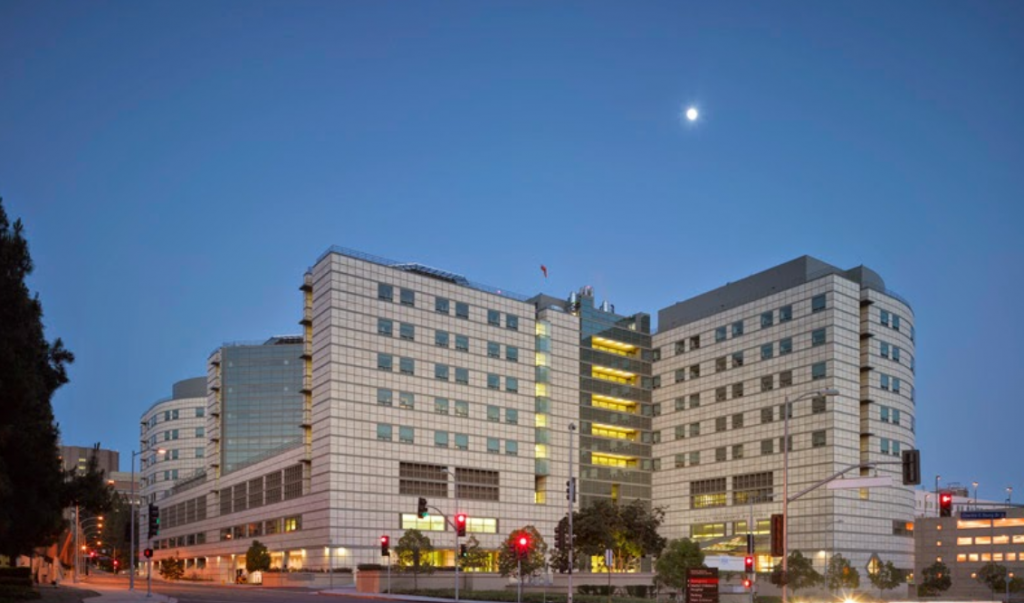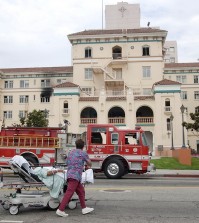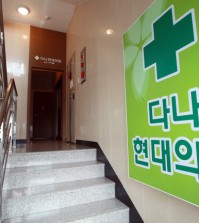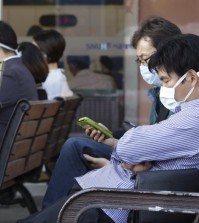- California Assembly OKs highest minimum wage in nation
- S. Korea unveils first graphic cigarette warnings
- US joins with South Korea, Japan in bid to deter North Korea
- LPGA golfer Chun In-gee finally back in action
- S. Korea won’t be top seed in final World Cup qualification round
- US men’s soccer misses 2nd straight Olympics
- US back on track in qualifying with 4-0 win over Guatemala
- High-intensity workout injuries spawn cottage industry
- CDC expands range of Zika mosquitoes into parts of Northeast
- Who knew? ‘The Walking Dead’ is helping families connect
‘Superbug’ outbreak linked to 2 deaths at UCLA hospital; more than 100 maybe exposed
LOS ANGELES (CNS) – More than 100 patients at Ronald Reagan UCLA Medical Center may have been infected by a potentially deadly “superbug” bacteria, hospital officials said today.
Seven UCLA patients have been infected by carbapenem-resistant Enterobacteriaceae, or CRE, bacteria, and it may have been “a contributing factor in the death of two patients,” according to a statement provided to City News Service by the UCLA Health System.
If the bacteria enters the blood stream, it can kill 40 to 45 percent of those infected.
Hospital officials said they are in the process of notifying potentially affected patients.
The potential exposure occurred “during complex endoscopic procedures that took place between October 2014 and January 2015.”
“The patients are being offered a free home testing kit that would be analyzed at UCLA,” according to the hospital.
According to UCLA, scopes used in the procedures were sterilized according to manufacturer specifications, however, “an internal investigation determined that (the bacteria) may have been transmitted during a procedure that uses this specialized scope to diagnose and treat pancreaticobiliary diseases and a contributing factor in the death of two patients.”
Hospital officials said similar exposures to CRE have been reported at other U.S. hospitals that use the same type of scopes.
“The two scopes involved with the infection were immediately removed and UCLA is now utilizing a decontamination process that goes above and beyond the manufacturer and national standards,” according to UCLA. “Both the Los Angeles County Department of Health and the California Department of Public Health were notified as soon as the bacteria were detected.”


















Pingback: Directions To Ucla Medical Center | clinic - best medical center